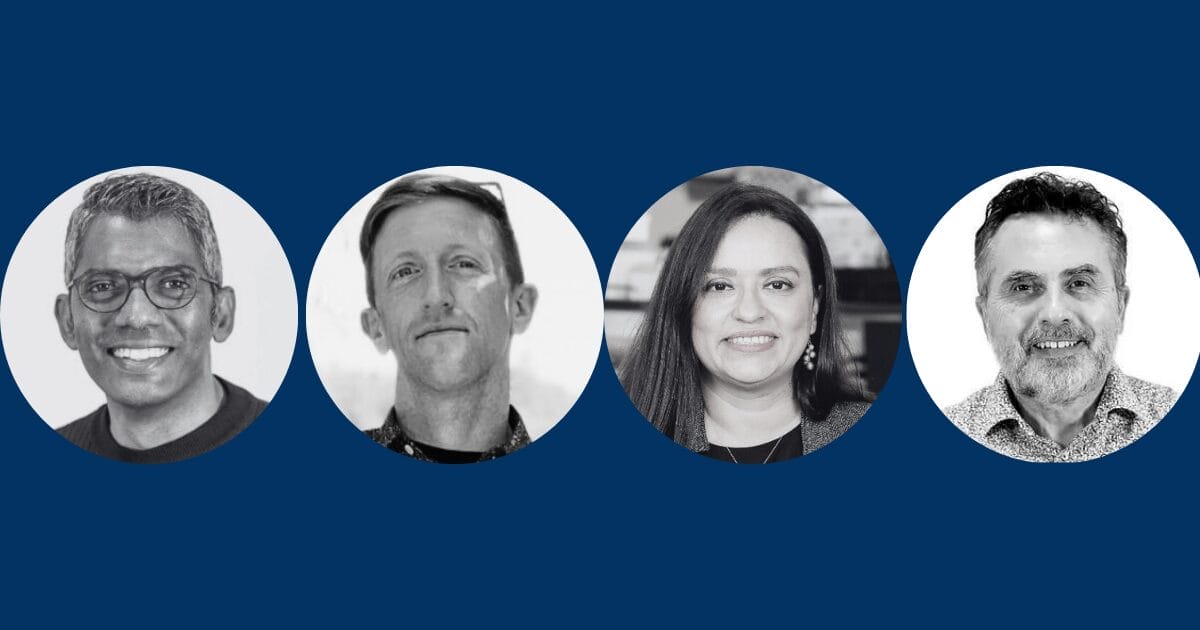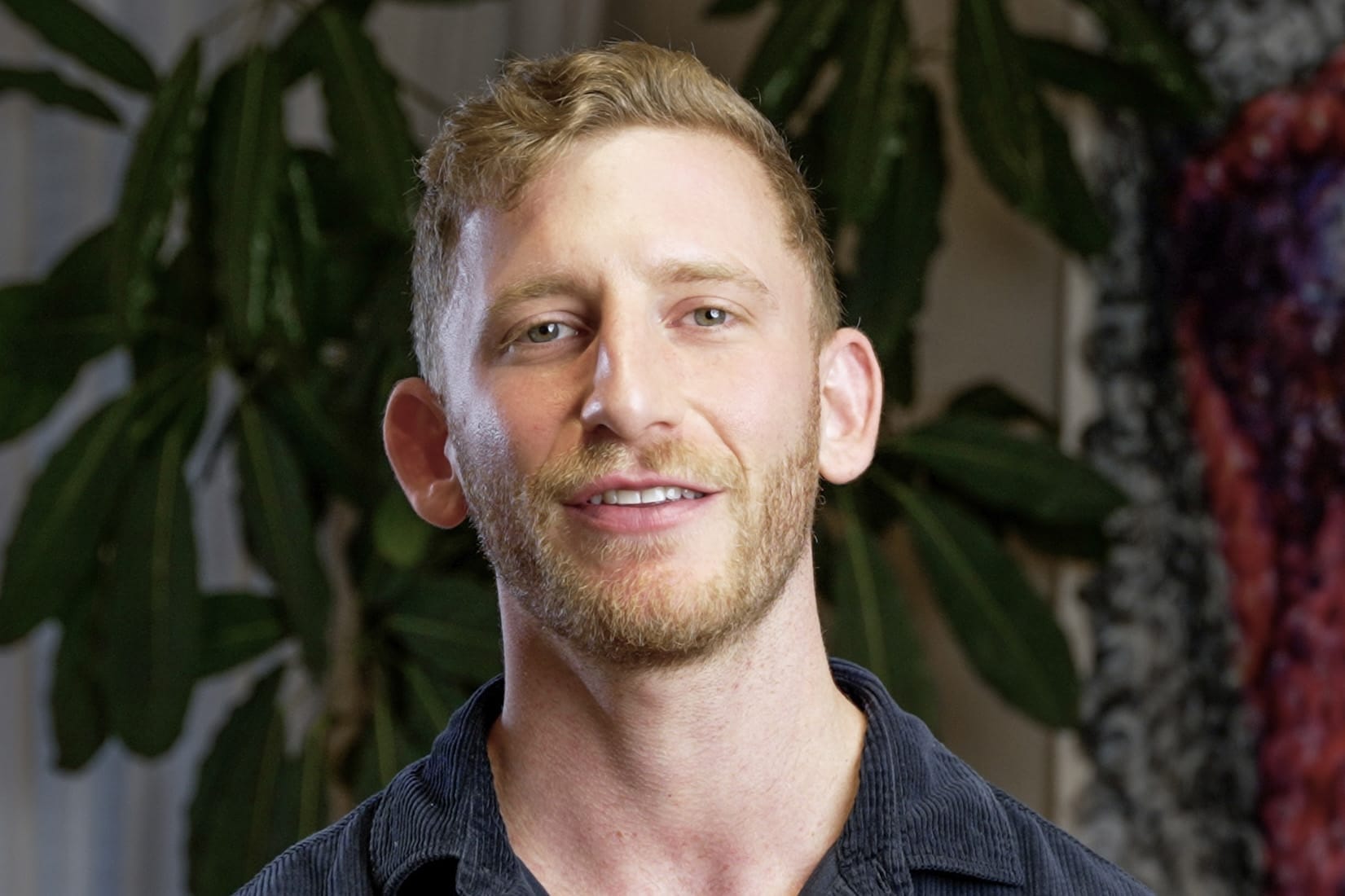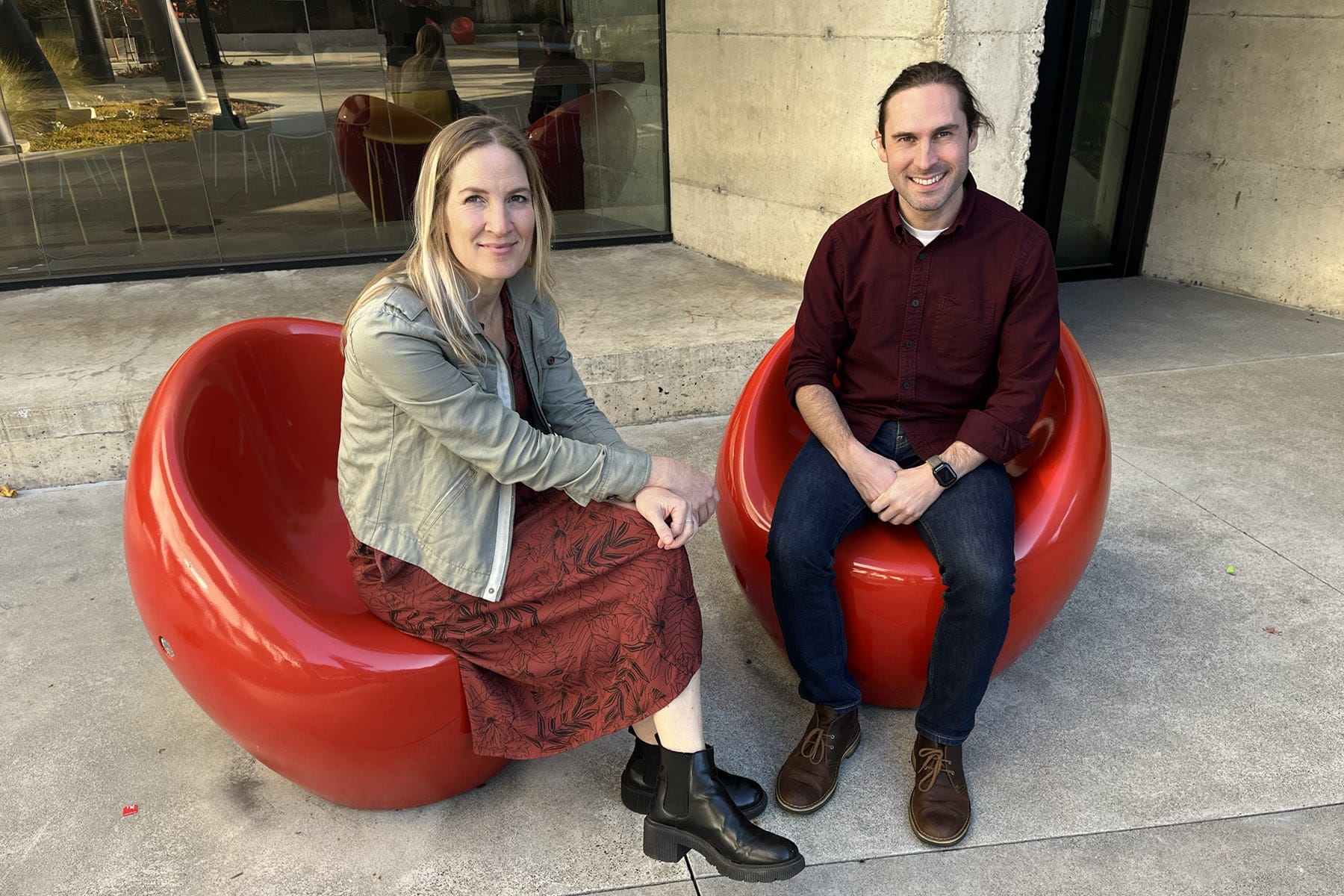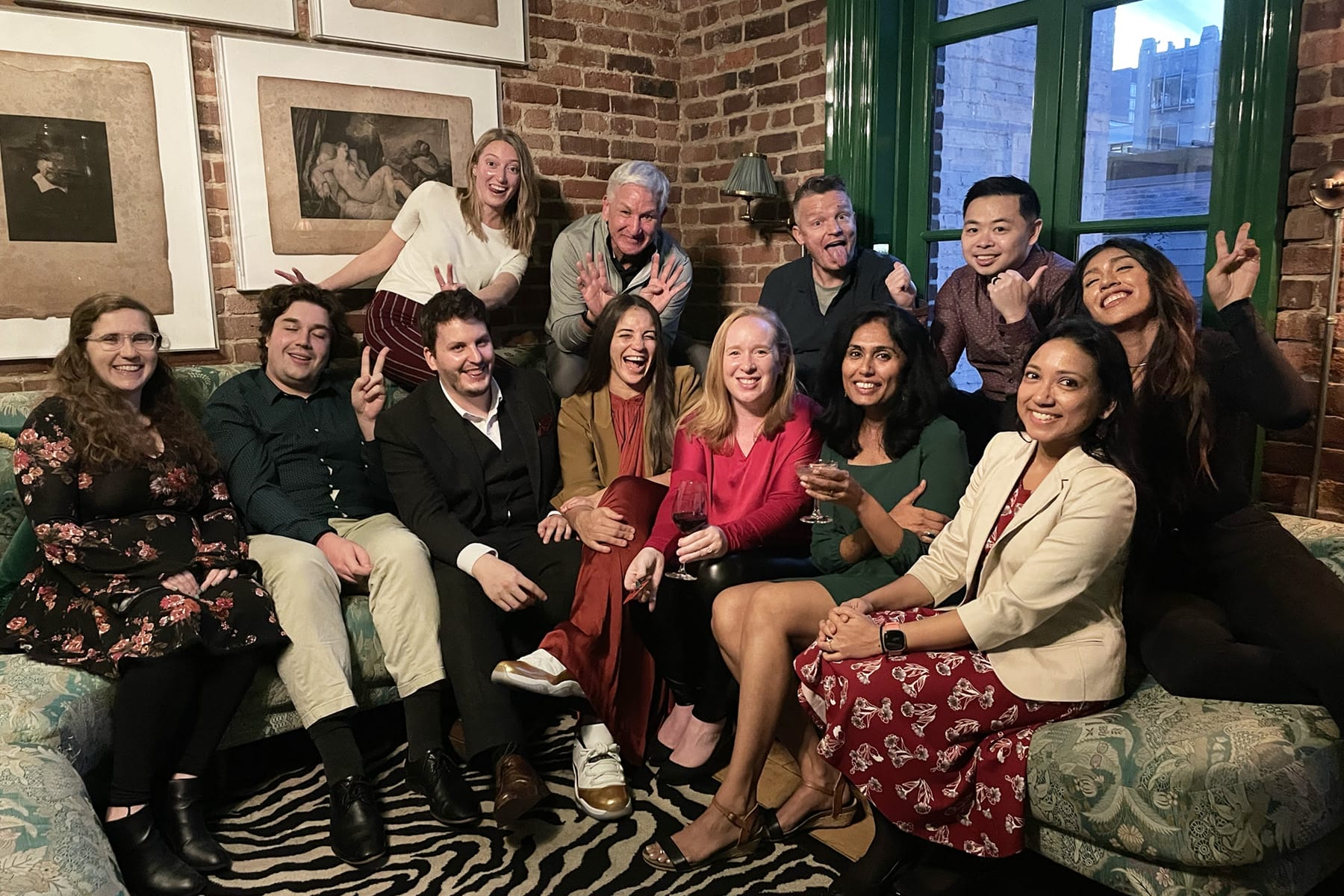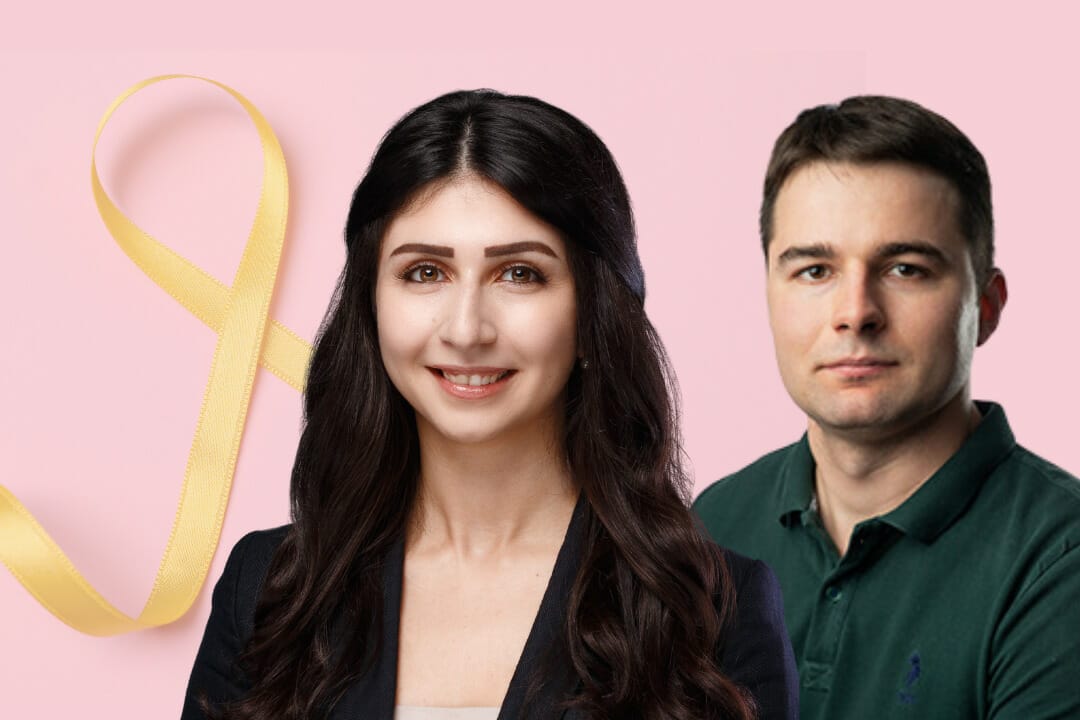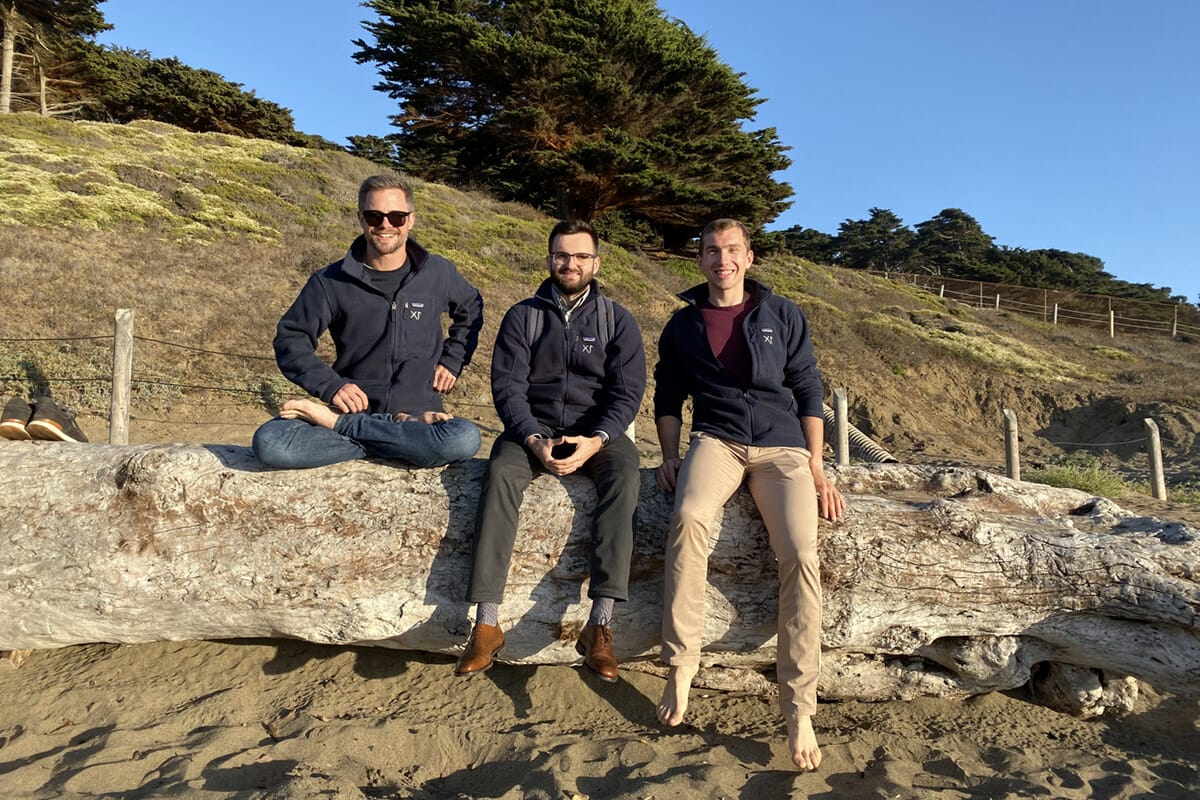Tenant Spotlight on Via Nova Therapeutics & Antiviral Development: Seek Out Investors Whose Aims Align With Yours
By Kaspar Mossman
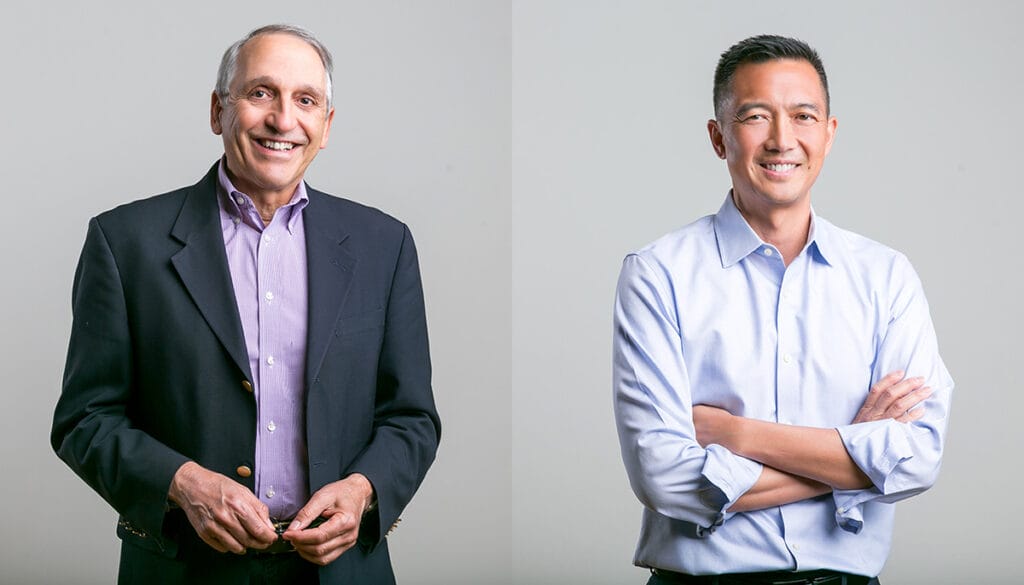
“The only force that can generate the funds you need for drug development is market capitalism,” says Dr. Don Ganem, CEO and co-founder of Via Nova Therapeutics.
But, according to Don, profit can also distort the focus of drug development. In its consolidation into a few big players in search of mega-profit, the pharmaceutical industry is neglecting therapies for infectious disease. These vital medicines could make money — “All good medicines make money,” he asserts — but typically not the gigabucks that, say, cancer drugs do. “Most infections are acute diseases,” Don says. “Think of meningitis, encephalitis, gastroenteritis, colitis, myocarditis, pneumonia.” (Don practiced medicine and led a lab at UCSF for 30 years.) “These affect large numbers, but they are of briefer duration, and the therapies are briefer duration. The drugs that treat these things tend to be more like staples of human medicine than like luxury goods. To use a grocery analogy: Safeway can charge you $30 a pound for filet mignon or Arctic salmon. But they can’t charge you $30 a pound for bread or lettuce. Antibiotics and many antivirals are more in the bread and lettuce category than they are in the Chateaubriand category.”
There are exceptions: HIV, hepatitis B, and hepatitis C. “It’s no accident that those are the infections that Big Pharma has largely focused on,” Don says. “First of all, they’re serious diseases. Some of them are life-threatening. And second, there are a lot of patients with those diseases, and patients take the drugs for many months, years or even a lifetime in the case of HIV.” Which makes them more attractive targets for big pharma companies than treatments for acute infections, which are taken for only a week or two. So, can there be a market-based solution to this dilemma? This is the problem that Via Nova is working to solve.
For eight years Don led infectious disease research at the Novartis Institutes for BioMedical Research, and his Via Nova cofounder Kelly Wong (now COO of Via Nova) was director of antiviral development. But in 2018 Novartis closed the division down. Don and Kelly had led development of more than 20 antiviral programs, and the shutdown left those assets stranded. There was no path to advance them, even though many of them had been rigorously de-risked.
“These assets are promising,” Kelly says. “We believe in them, we built them.”
For the next few years the ex-Novartis scientists went their separate ways. “But then,” says Kelly, “Don and I got to talking and we decided, let’s try to get these assets out of Novartis and found the company [Via Nova]. A little over a year ago, we were able to execute on a Series A, to get an initial funding of $20 million, which also enabled the in-licensing of the assets from Novartis. The four that we chose are for influenza, human rhinovirus, BK polyomavirus and adenovirus.”
Back up a second. Two scientists without a team or a lab raised $20 million? You heard right. That funding came from Aditum Bio, an investment firm founded by former Novartis scientists who could appreciate that millions of dollars had already been invested into the R&D for these assets. (Investment from Aditum was not a given, Kelly says: “Don and I did a lot of pitches.”)
“Aditum’s main model,” Don says, “is to fund small clinically-based companies that have an asset that usually came from a big pharma operation, which the big pharma company had decided not to carry forward for market reasons, but which still met an unmet medical need. You can see right away there’s a huge overlap there. Our missions are congruent.” He says Aditum also adds a lot of value in key services they can provide. “They have resident experts on their staff in quality assurance, in regulatory affairs, CMC, in HR and finance…these folks have been enormously valuable to us, and we can get them on a prorated basis, which reduces our costs.”
Sounds like win-win.
Don emphasizes that the big lesson he’d like to share is that, whatever you’re doing, you need to find investors whose aims are aligned with yours. “One thing that I’ve come away with is a very strong belief in how important it is to have some real alignment between the firm and its investor base. You know, when people are trying to raise money, I see a lot of this form of behavior: they’re so desperate for money that they will advertise themselves as all things to all people in order to make the largest possible raise of cash. And I would think that would have been a big mistake for us.”
Don is a first-time entrepreneur at 72 years of age. “I had a lot of trepidation about this,” he says, “because I am not an MBA, and I’ve been a scientist my whole life. But I’ve been on this trajectory for a long time. I started as a person interested in virology and infectious disease, I practiced medicine at UCSF for almost 30 years. And as my career went on, I got more interested in clinical applications than just pure science. That’s what took me to Novartis in the first place. I was very excited while I was there to be in an environment where the goal of science was not just to write a paper in Nature, but to actually get a drug to the clinic. When we left Novartis, I thought about going back to academics, but I really didn’t want to do that anymore. I wanted to continue on this trajectory towards bringing things to patients. That helped me overcome my fears about being a CEO. And the best thing is I’m not doing it alone: Kelly has been a tremendous partner and we make all big decisions jointly. Together we’ve built a great team that has made the mission come to life.”
